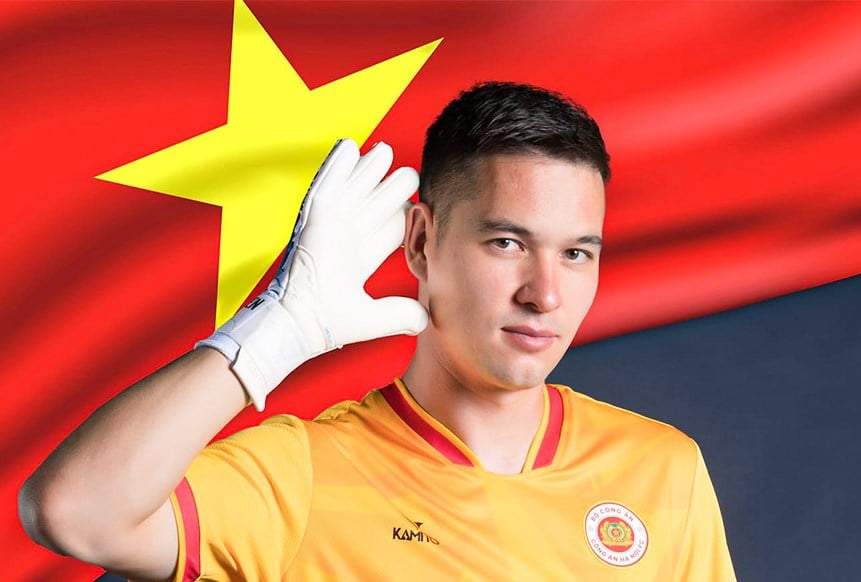
After half a year working in V.League, the Japanese strategist believes that domestic players need to be more confident, strive to develop themselves and set big goals instead of just being satisfied with reality. Mr. Teguramori's comments coincide with the views of many experts and overseas Vietnamese players about the lack of ambition of Vietnamese players to reach further.
So what is the reason that professional athletes, especially in football, are not really motivated to improve their skills?
Lack of ambition due to high salary
Many Vietnamese players grow up in a football environment that values short-term results over long-term development. Youth training and competition in the V.League are not fierce enough to push players beyond their limits.
Fitness expert Bae Ji-Won once pointed out that players need to learn to listen, change and adapt better, and this must be nurtured right from the youth training centers. When the highest playing field is not really ideal for cultivating professionalism, the fact that many players "lack ambition and do not like to receive criticism is also an inevitable consequence".
Outstanding players in Vietnam often receive high salaries and bonuses in the country, making them not interested in playing abroad. Overseas Vietnamese goalkeeper Nguyen Filip shared that in Vietnam, players have “everything” such as stable income and reputation, so they no longer have the motivation to go abroad.
Some players lack the spirit of learning and do not like to be criticized for their mistakes. Nguyen Filip commented that many teammates “do not like you pointing out their mistakes” and are easily offended, quickly satisfied with themselves after a little success. The mentality of “stable is good” prevents them from proactively improving their skills and performance.
On the contrary, those who are truly motivated to improve always listen to criticism in order to improve. Filip said that he was constantly looking for his own mistakes to correct, even when the team had just won. The lack of motivation and conservatism in professional development clearly hinder the athlete's long-term development.
Young players who are hailed as domestic stars early on can easily become complacent. Coach Mano Polking believes that many famous players in the V.League no longer have the motivation to try their hand in a new environment because they are afraid of losing their idol status, and consider going abroad a risk that is not worth taking.
On the other hand, many talents are also "discouraged" when witnessing their seniors like Cong Phuong and Quang Hai continuously fail abroad, especially when playing domestically they both have high income and keep their place in the national team.
Limited achievements, difficult to reach international level
The limited spirit of progress has left behind worrying consequences. In recent times, Vietnamese football has had almost no new faces successfully going abroad, while many talents choose to stay and compete domestically. Players who only play in the V.League will never realize or admit their own limitations until they step into the big arena.
The lesson of early 2024 shows that after a series of defeats against Indonesia, the players were surprised to realize that their opponents had transformed, and Vietnam's aspiration and class were no longer the same as in their heyday a few years ago.
The 2024 ASEAN Cup championship is only a temporary mental medicine, because the 0-4 loss to Malaysia immediately afterwards clearly exposed the internal limitations of Vietnamese football. If players are only satisfied with being domestic stars, then the dream of reaching out to the world like the World Cup goal will forever remain a distant dream.
To change the current situation, Vietnamese football needs synchronous solutions from awareness to action. First of all, training must focus on fostering aspirations and adaptability for young players. Right from the U-teams, players should be encouraged to set high goals, learn foreign languages and prepare themselves mentally to compete abroad.
As expert Bae Ji-Won suggests, learning to listen and adapt should “start from youth training, from the teachings of adults, team leaders and coaches.” Next, clubs and federations should proactively create conditions for players to go abroad.
Expanding international cooperation and sending players to developed football countries for training will help Vietnamese talents gain valuable experience. More importantly, each player must dare to “step out of their comfort zone” as coach Mano Polking called for. Playing in a top environment, although not guaranteeing immediate success, will help them discover their own limits.
In addition, it is necessary to improve the competitiveness and professionalism in the domestic arena. V.League should aim for higher standards so that each match is a real competition, forcing players to make maximum efforts if they do not want to be eliminated.
Clubs also need to build a culture of discipline and progress, rewarding players for their efforts to improve rather than focusing on short-term results. Finally, a change in perception is indispensable. Each player needs to understand that the current aura is just the first step, there are many other peaks to conquer. Instead of being complacent, they should consider criticism and temporary failures as motivation to continue training.
Along with that, fans and the media should also encourage the spirit of dedication and daring to take on challenges of athletes. When a generation of players forms a strong will and aspiration, Vietnamese football will have a solid foundation to reach new heights.
Source: https://baovanhoa.vn/the-thao/vi-sao-cau-thu-viet-nam-khong-muon-ra-khoi-vung-an-toan-154324.html


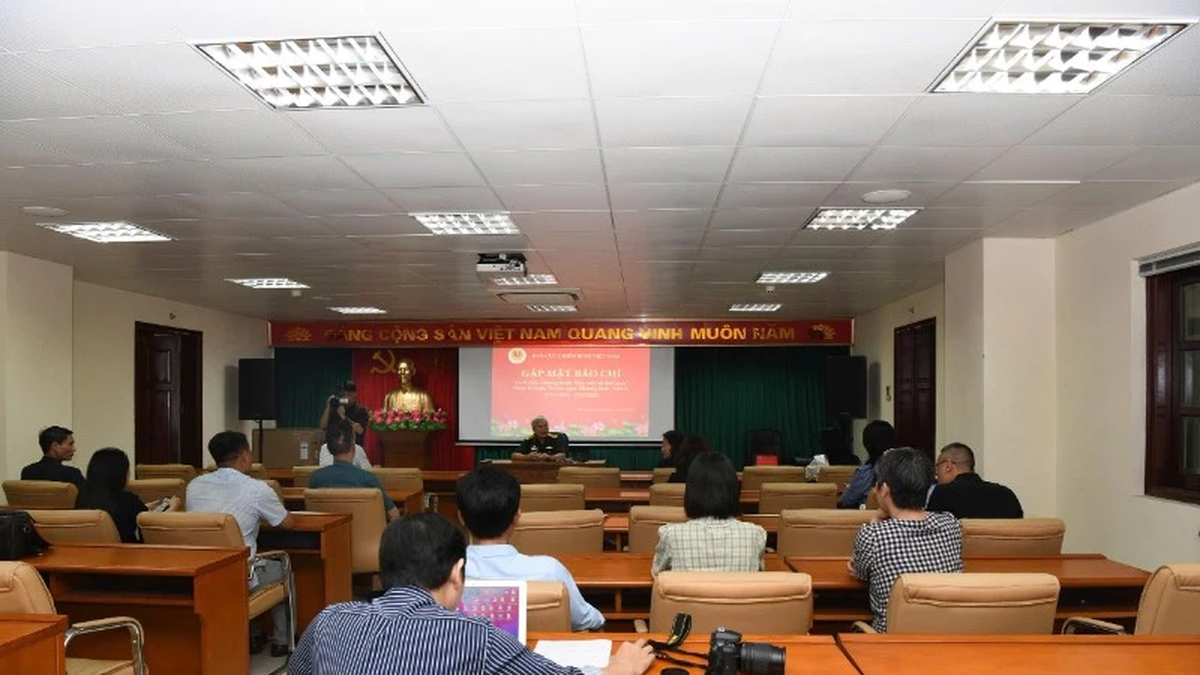
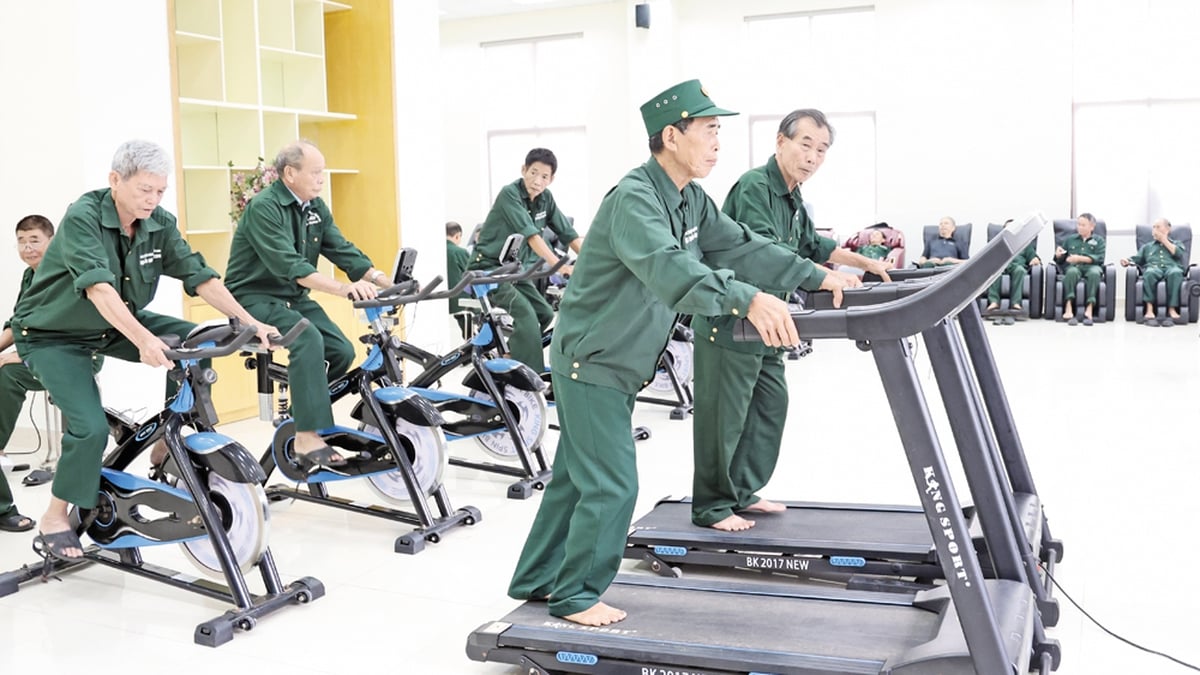
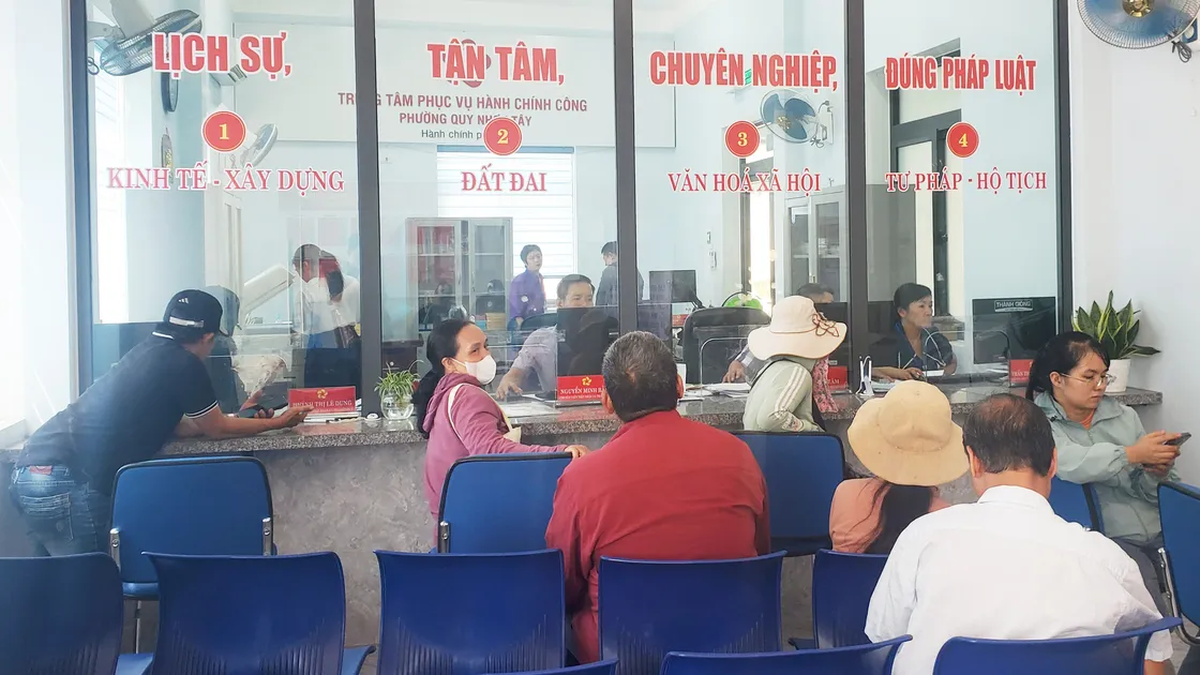
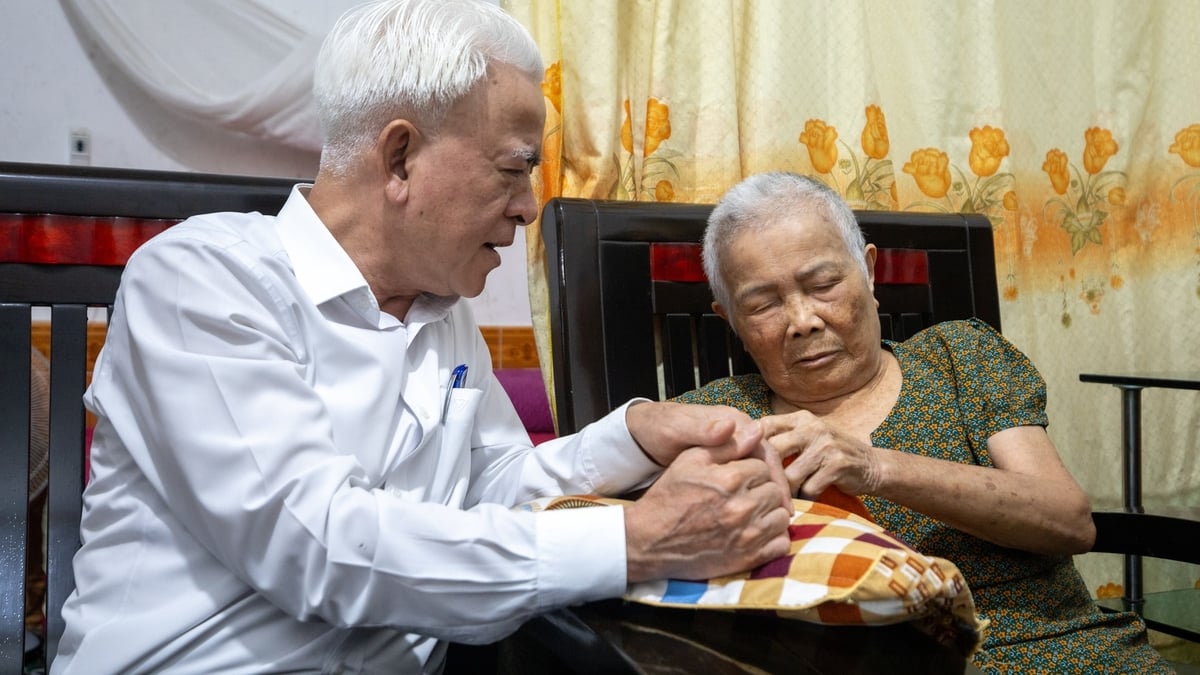
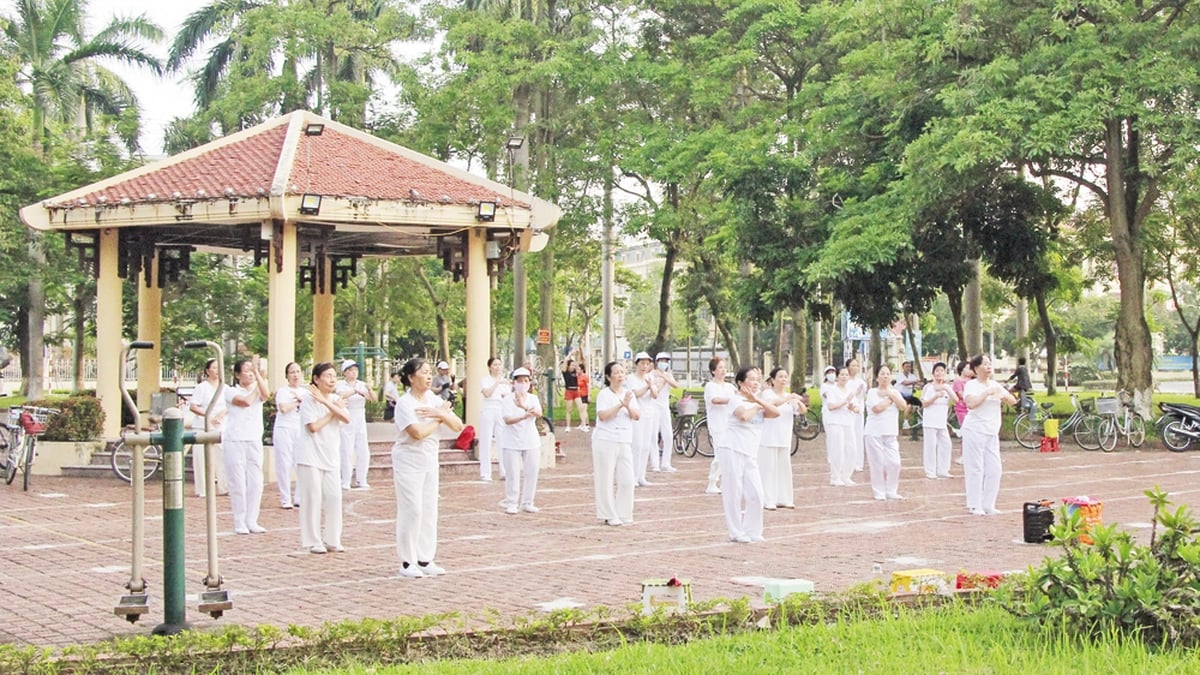
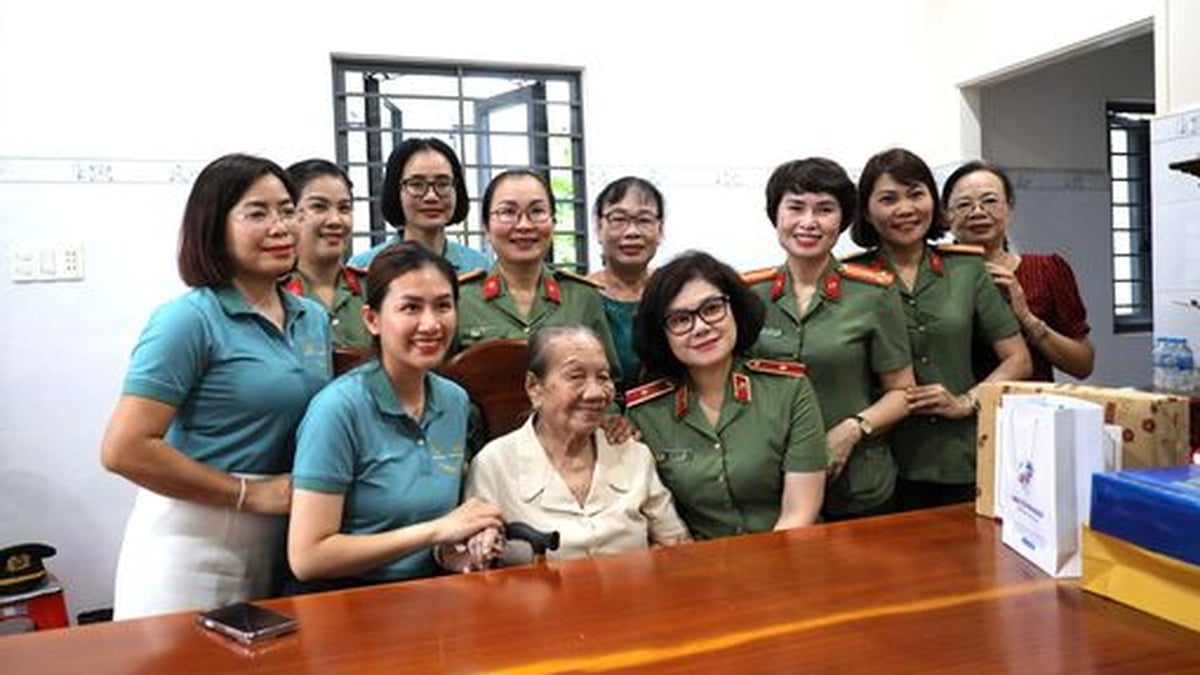
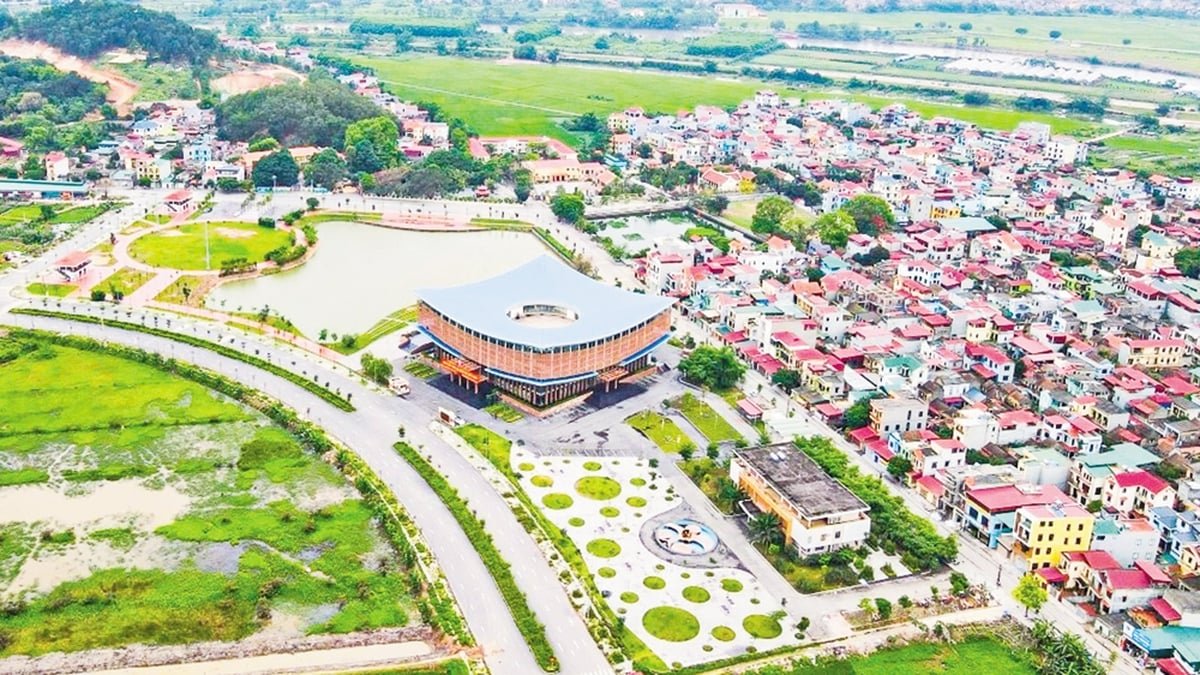
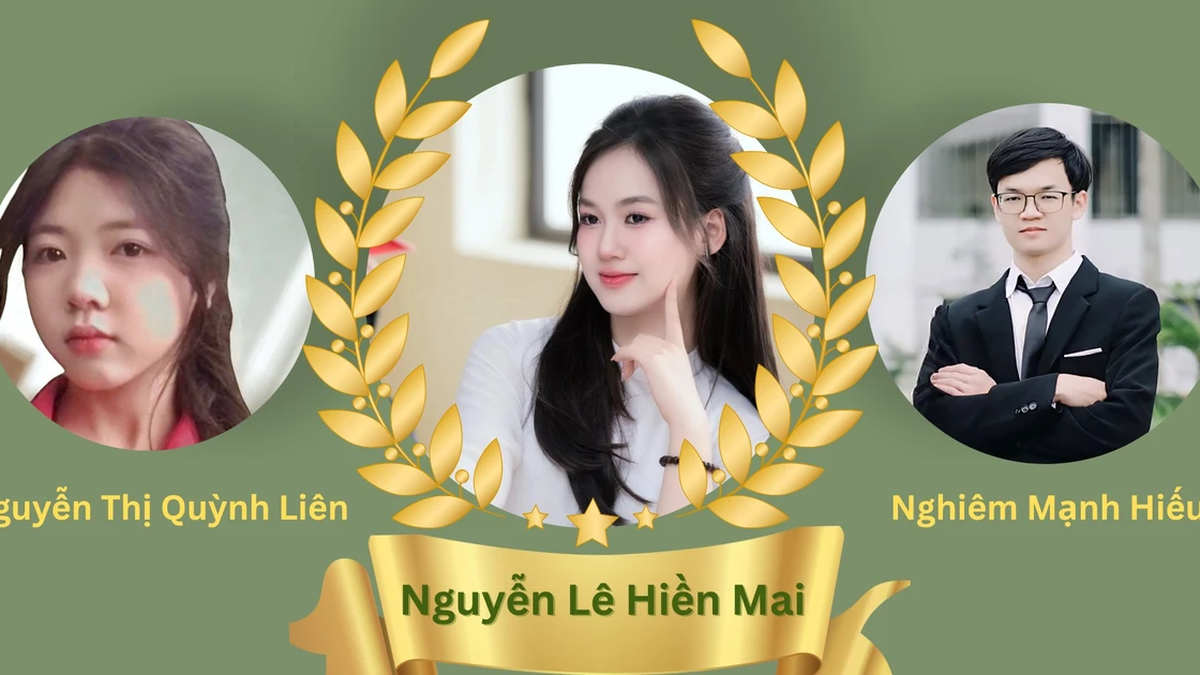
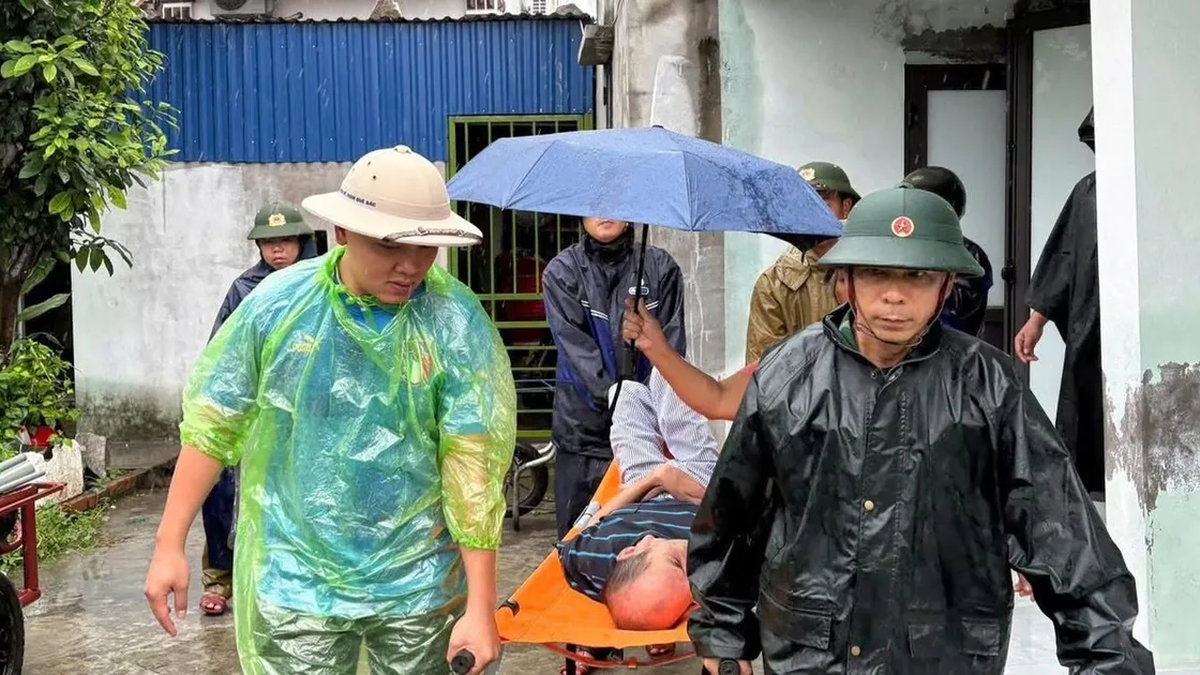
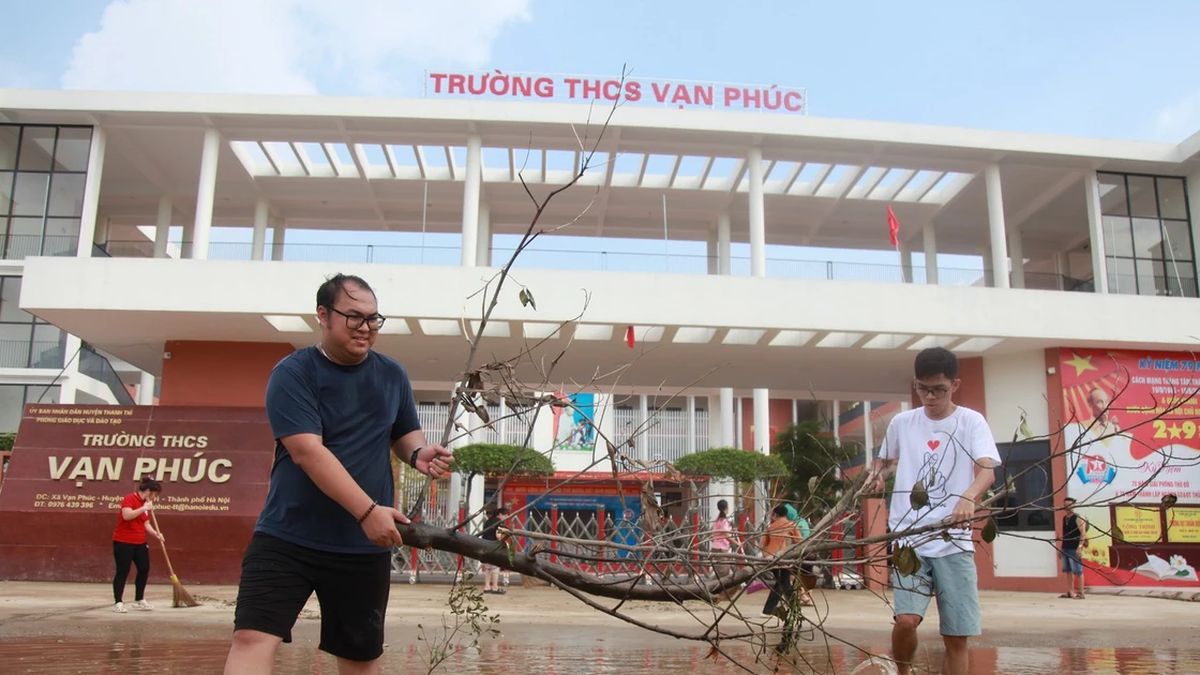

















![[Photo] National Assembly Chairman Tran Thanh Man visits Vietnamese Heroic Mother Ta Thi Tran](https://vphoto.vietnam.vn/thumb/1200x675/vietnam/resource/IMAGE/2025/7/20/765c0bd057dd44ad83ab89fe0255b783)







































































Comment (0)